THE ASSOCIATED PRESS
December 9, 2021 at 10:05 JST
 Canadian Prime Minister Justin Trudeau announces Canada will join a diplomatic boycott of the Beijing Winter Olympics over human rights concerns in Ottawa, Ontario, Dec. 8, 2021. (The Canadian Press via AP)
Canadian Prime Minister Justin Trudeau announces Canada will join a diplomatic boycott of the Beijing Winter Olympics over human rights concerns in Ottawa, Ontario, Dec. 8, 2021. (The Canadian Press via AP)
TORONTO--Canada will join the United States, the United Kingdom and Australia in a diplomatic boycott of the Beijing Winter Olympics over human rights concerns, Prime Minister Justin Trudeau said Wednesday.
The announcement came after the White House, the Australian government and the UK government confirmed diplomatic boycotts of the Winter Games in February to protest Chinese human rights abuses. China has vowed to react with “firm countermeasures.”
Trudeau said his government has been talks with allies about it in recent months.
“We are extremely concerned by the repeated human rights violations by the Chinese government,” Trudeau said.
“They should not be surprised we will not be sending any diplomatic representation.”
The diplomatic moves by Canada, the U.S., Britain and Australia do not affect their athletes’ ability to compete in the games.
Rights groups have called for a full-blown boycott of the Beijing Winter Games, citing Chinese human rights abuses against its Uyghur minority in the northwest Xinjiang province, which some have called genocide. They also point to Beijing’s suppression of democratic protests in Hong Kong and a sweeping crackdown on dissent in the semi-autonomous territory.
“The Olympics should not be held in a country that commits genocide,” Dolkun Isa, president of the World Uyghur Congress, told The Associated Press. “Our position is to stop the Beijing Olympics. However, the IOC is determined to do so. Canada and other democratic countries have fulfilled their minimum obligations by making a diplomatic boycott.”
The White House confirmed Monday that it was staging a diplomatic boycott of the upcoming games and Australia followed suit Wednesday, with Prime Minister Scott Morrison saying it was “in Australia’s national interest.”
Relations between Canada and China have been poor since China arrested two Canadians in China in Dec. 2018, shortly after Canada arrested Meng Wanzhou, Huawei Technologies’ chief financial officer and the daughter of the company’s founder, on a U.S. extradition request. Many countries labeled China’s action “hostage politics,” while China has described the charges against Huawei and Meng as a politically motivated attempt to hold back China’s economic and technological development.
China, the U.S. and Canada essentially completed a high-stakes prisoner swap earlier this year but the reputation of the Chinese government has been severely tarnished in Canada.
“Concerns around arbitrary detention are real and shared by many countries around the world,” Trudeau said.
Canadian Foreign Minister Mélanie Joly said more countries need to take similar action.
“It is important to send a strong signal to China,” Joly said. “Human rights violations are not acceptable.”


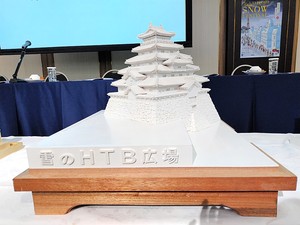
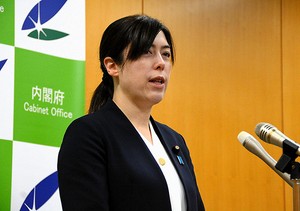


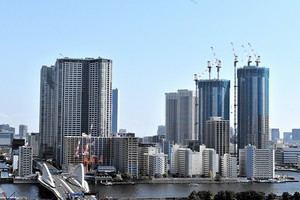

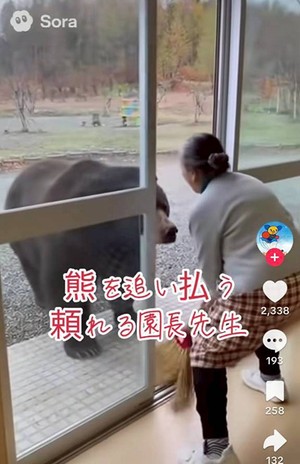
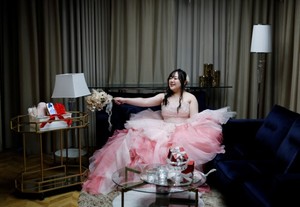










A peek through the music industry’s curtain at the producers who harnessed social media to help their idols go global.
A series based on diplomatic documents declassified by Japan’s Foreign Ministry
Here is a collection of first-hand accounts by “hibakusha” atomic bomb survivors.
Cooking experts, chefs and others involved in the field of food introduce their special recipes intertwined with their paths in life.
A series about Japanese-Americans and their memories of World War II